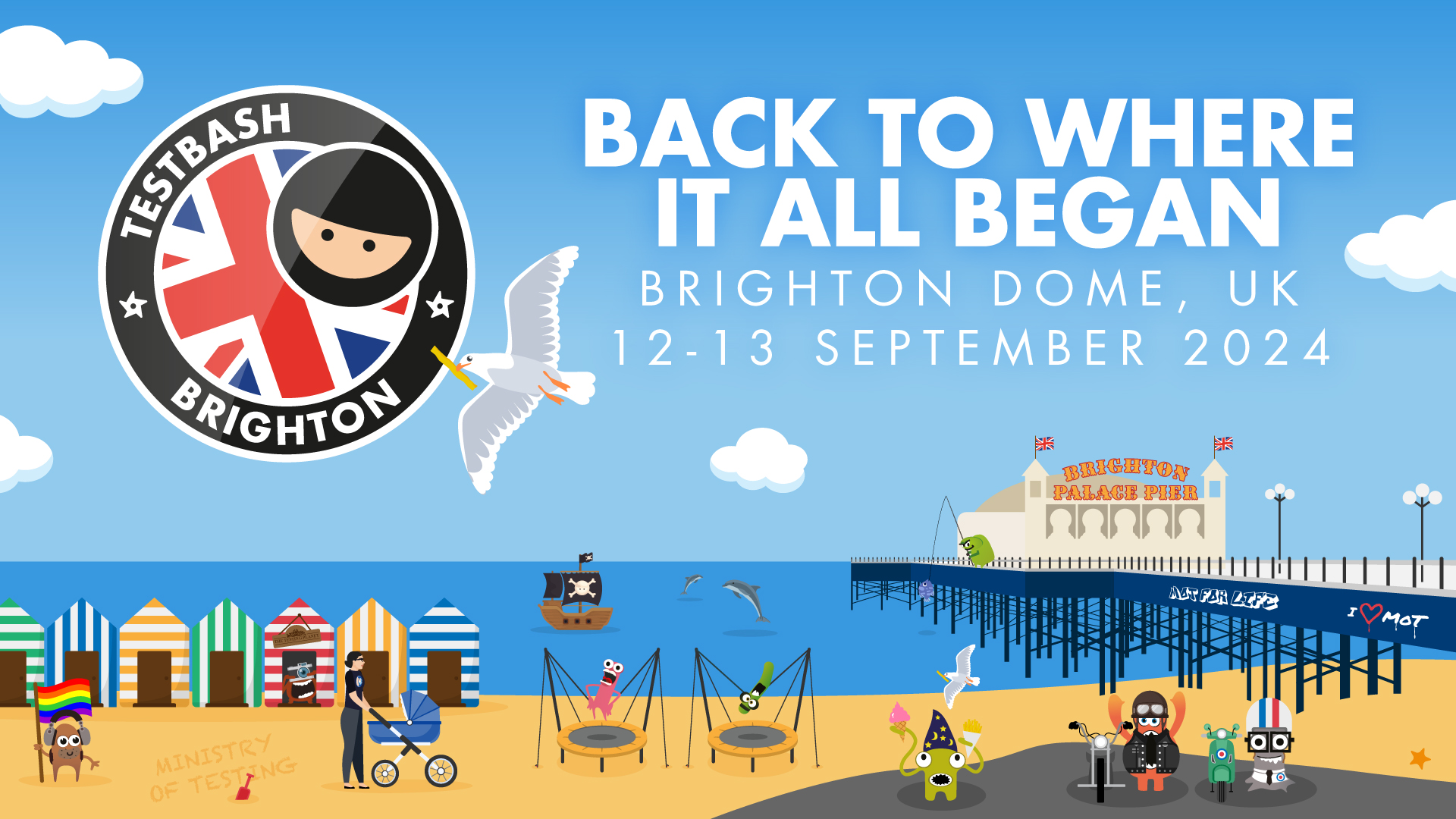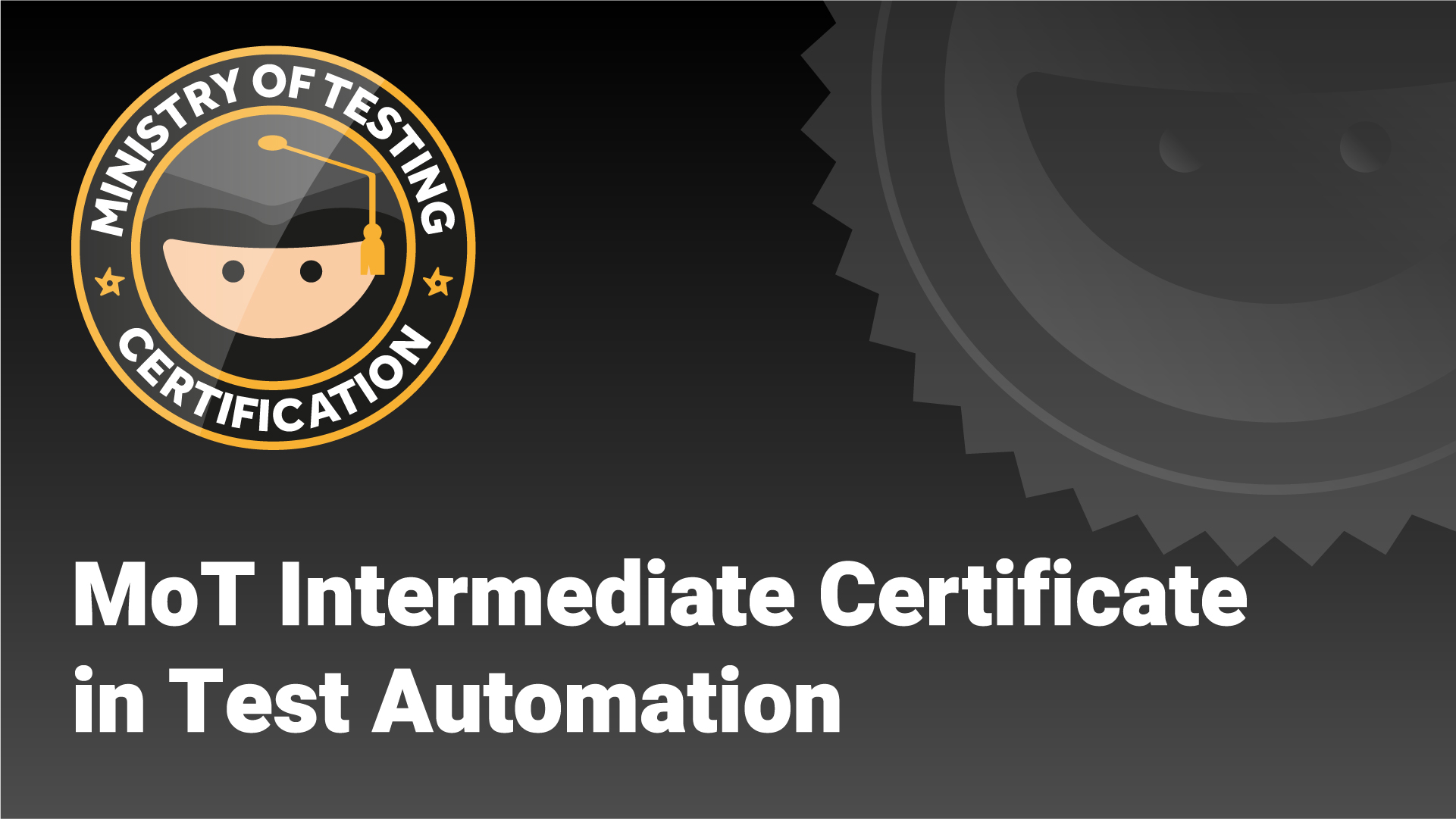You’re sitting at a large wooden table. You see many others sitting at the same table. But while they are clearly distinct from each other, they strike you as featureless, non-human and silent. At the head of the table sits the only other person that you recognize, an elderly, bearded man.
He speaks. A thundering, commanding voice bellows over the table: “Behold my creation beneath you.” And only then do you look past the table, through a haze of clouds and see a blue-green orb slowly drifting around-and-around.
“This is where you shall live among each other. Together, yet different. Each of you shall survive down there and come to live with one another. Therefore, I will grant you one distinct talent, feature or skill before releasing you into the wild and leaving you on your own and at the mercy of others.
This is how I will it.”
Upon this declaration, one of the creatures next to you stands up and speaks. “If I will have to survive among these crazy creatures, I shall dig myself in and live under the ground. Far away from predators. I would have shovels for hands and a keen sense of smell. Take my eyes, for I shall have no need of them.” And so it was granted. The mole’s descent to earth was greeted with cheers, for they respected his wisdom and resourcefulness… and partly for not having to be bothered with him ever again.
Breaking off his peering at Earth, another creature rose and claimed: “Those dry-patches look beautiful. I would live there, had I armour to protect me from the sun and a way to draw water from under my feet.” And so it was granted. A grey mastodon with a somewhat odd tube for a nose climbed down to the desert. You look in awe, but still can’t imagine how you would survive down there.
In turn, each of the other creatures speak up and are granted their wish: “A colourful vest to show off! A rope on my butt to climb trees! Springs for legs to jump fast and high! Endless lungs to dive deep!”
All of them speak and are given their new powers, until only you remain. The old man rises, and walks over to sit next to you. You still don’t have a clue. “You’ll not have shovels, knives, fast legs, flippers or a strong beak. You will have the ability to have all that… and more: Your talent, is to learn.”
There you stand, in the middle of Africa, naked and mostly harmless. Eternally undeveloped and with endless potential. The world at your feet. All its secrets, yours to learn.
Credits: Idea adapted from T.H. White “The Once and Future king”
Learning From Discovery
I was never good at studying and was an average student at best. My grades were never good, nor were they particularly bad. I couldn’t concentrate behind my books and was constantly distracted. Even while writing this paper, my mind wanders to and fro. That has been a part of me for as long as I can remember and I’ve been battling it since.
My peers, who were able to sit behind a book, marker in hand, ready to draft quick notes, outperformed me in marks and reports every single month.
It felt immensely unfair that students who weren’t necessarily smart or quick-witted thrived at school while other, no less intelligent, pupils fell behind.
Mostly because some could learn better from books than others.
At least, that is how I experienced my years in school. It motivated me to become a teacher myself and understand our learning process. It’s only years later, when I found myself in the software testing business, that I started seeing answers. You and me, we’re in the information business. It’s our job to gather information, connect the dots, think outside the box and summarize this into something people may find interesting.
We’re students and we’re teachers.
But what do we know about the learning process itself?
We humans are a learning species. It comes naturally to us, and just because it feels so easy to do, we are ignorant of its inner workings. When faced with unknown situations, machines, tools, concepts and experiences, we rely on different skills and characteristics, yet we seldom pay attention to how we do it.
- How did you learn to operate a vacuum cleaner?
- What way did you start learning billiards?
- When an unknown machine stands before you, how do you operate it?
Your answers to these questions might uncover your preferred learning style.
Do you start by observing outside behaviour? Are you an activist? Or do you consult the manual?
You learn in a unique way. Your colleagues learn in a unique way. Your subordinates learn in a unique way. The implications alone are already very interesting for us testers. Find the answer to the question:
What are the advantages of understanding how people learn?
Grown Up Learnings
We’ve all been reading tons of books about testing, right? Blogs, puzzles, card games, papers, talks, riddles, certifications, workshops, interviews, E-books, poems and even songs. You’re a test professional so it’s only natural and exemplary that you keep busy learning about that stuff.
Yes, most of that stuff is really interesting. But it is also the product of a lot of speculation and all of it is very, very, very young. Why is that? Because testing is very, very young. It only recently came to our attention that Testing and Learning are not that different from each other.
“Testing to Learn, Learning to Test”.
As far as I’m concerned, those two are virtually the same. Their biggest difference is that learning has been researched much deeper and by far more educated men and women than me. It seemed only natural to study their teachings and see what can be applied to testing.
David A. Kolb studied learning styles. He was not the first to do so. He studied three other psychologists, Lewin, Dewey and Piaget. Each of these four learned men brought a unique insight to the final point of this paper.
Let’s start with Piaget.
From The Moment You Were Born
Months of darkness end in a cry of exhaustion. You draw in your first breath and the light hurts your eyes. You can’t help but notice a singing pain in your buttocks. You’re hanging upside down, crying like a maniac while everyone around you smiles and claps. What a weird place this is… Sterile, white, uninteresting yet filled with so many happy and proud people.
Next thing you know, you find yourself in the furriest blanket in the most loving arms in the world and have your face pressed against some boob.
The first phase of learning starts from the moment that you were born. (some would argue even earlier) Babies can’t help but learn. They’re always put into some position that they can discover new and interesting things such as hair, shiny jewellery, blocks to put in their mouth and tons of people they’ve never seen before that make the weirdest sounds. Pure experiences.
Starting To Walk
You grow up and start recognizing patterns. You’re about 2 years old and are learning to walk like a grown-up, talk like a grown-up and are hell-bent on doing everything else like a grown-up. Everything around you seems to have a hidden purpose and you’re constantly asking “why”? No, not just the ‘five why’s’. Why do I need to wear shoes? Why does that big billboard have carrots on it? Why do you have to go to work?
Toddlers want to be just like you. They imitate and copy you. There’s a growing need to understand the world around them and they are starting to connect the dots.
World Shapers
Years later, you learn to read. A whole new world opens up to you. Books! Books about math, nature, animals, space, art and history! Simply amazing! And if that’s not enough, there’s the internet and all its merits and hazards at your fingertips. You’re not just trying to figure out how you fit in the environment around you. No! You have the cognitive capacity to build your own worldview from all that information.
Kids are already pretty smart and they have an extremely powerful imagination. This imagination empowers them to create their own worldview. They have the ability to understand abstract concepts such as faith or destiny.
Putting It To The Test
What happens next is your parent’s biggest fear. You’ve grown up, but you’re not quite a grown-up. Though you think you are. Right. Puberty hits you hard and certain stuff suddenly becomes interesting! Will this cigarette really kill me? Why should I respect my teachers? Are girls really icky?
I think we can all agree adolescents are generally pretty terrible. Especially if you’ve gone out of your way for 13-16 years to teach them to become good mannered, respectful and wise youngsters. Then suddenly you find them smoking on the local playground, or betting how long it will take Neville to figure out his Remembrall was stolen. It’s the way they learn though, that makes them into the monsters they are. But, don’t they remind you of someone? Are testers not often regarded in the same way?
Adolescents are testing the world as they see it.
Learning at the Centre of the Human Experience




